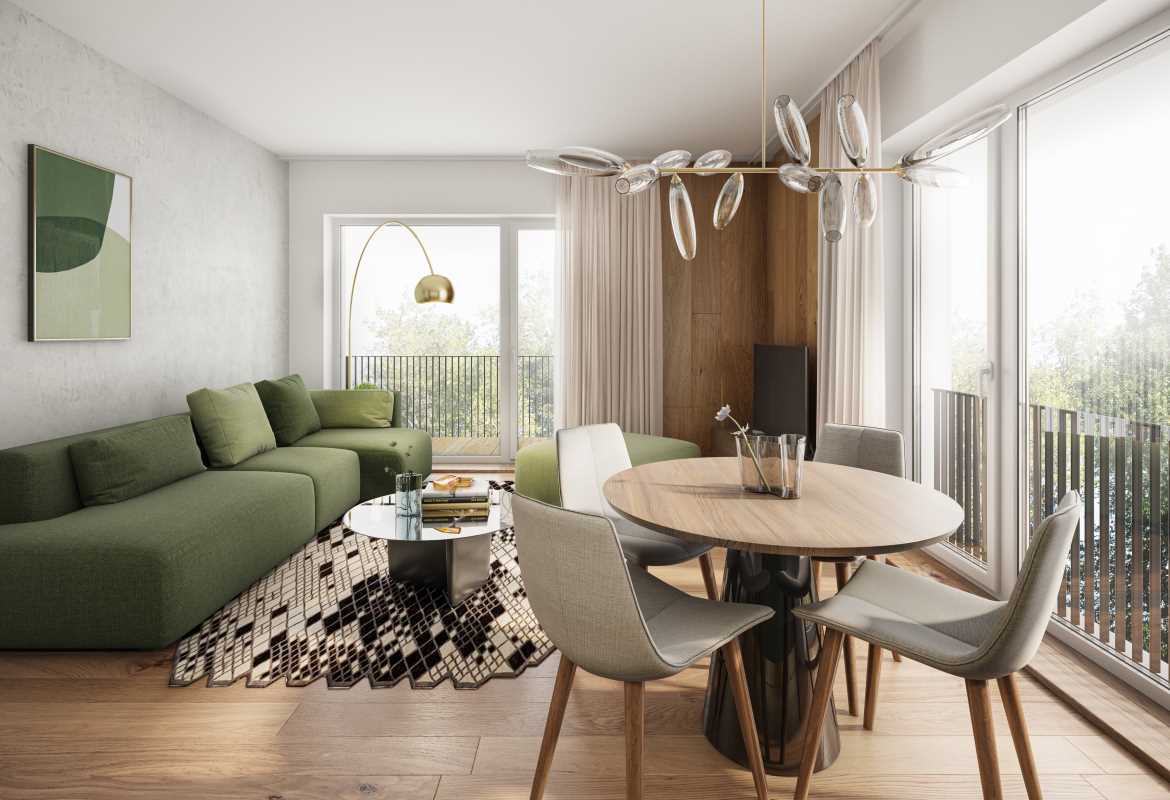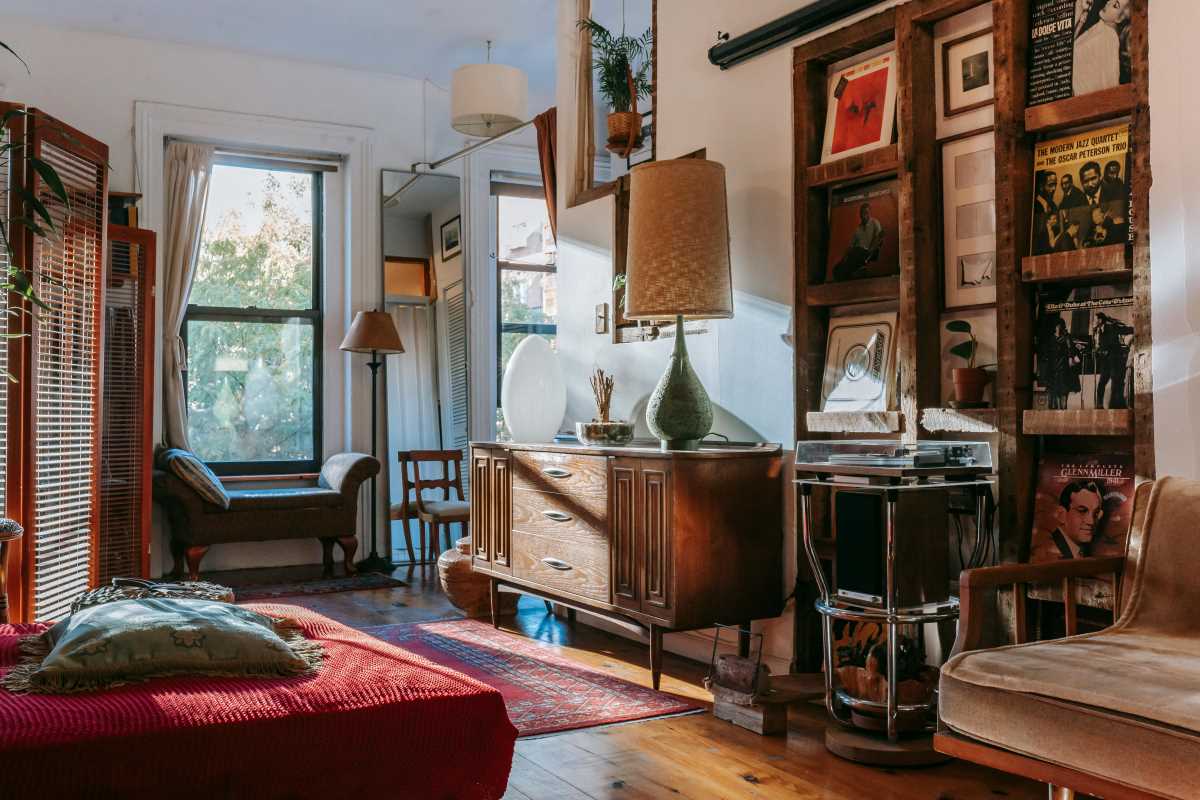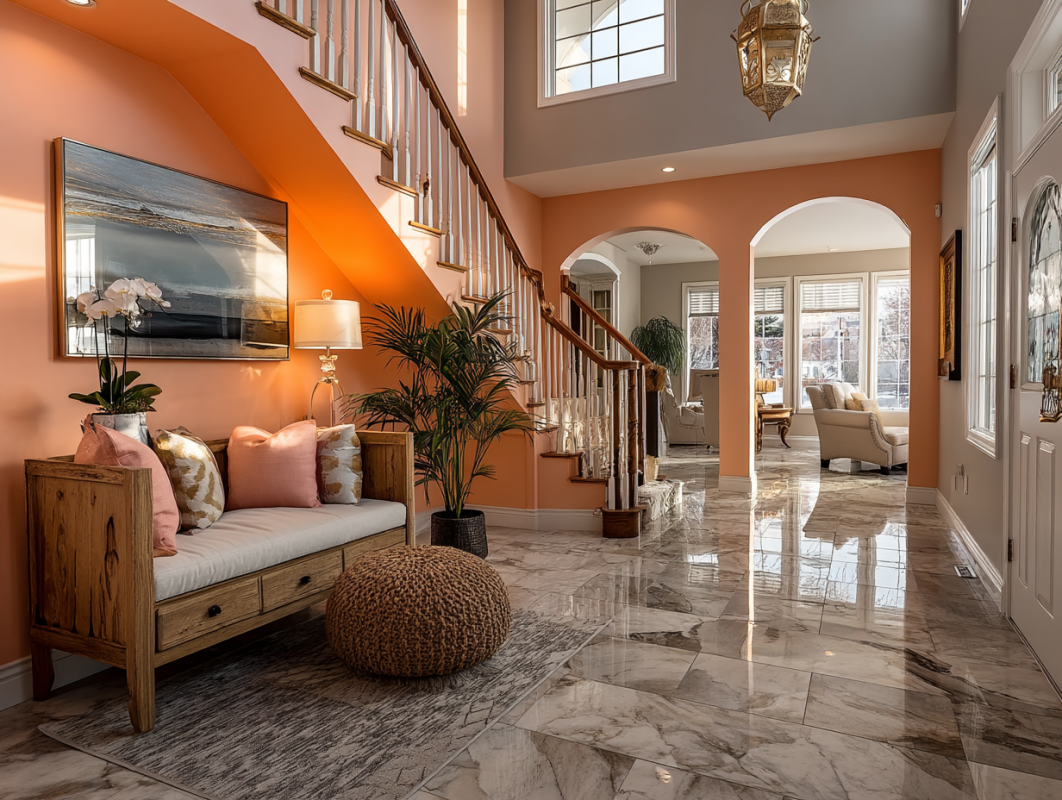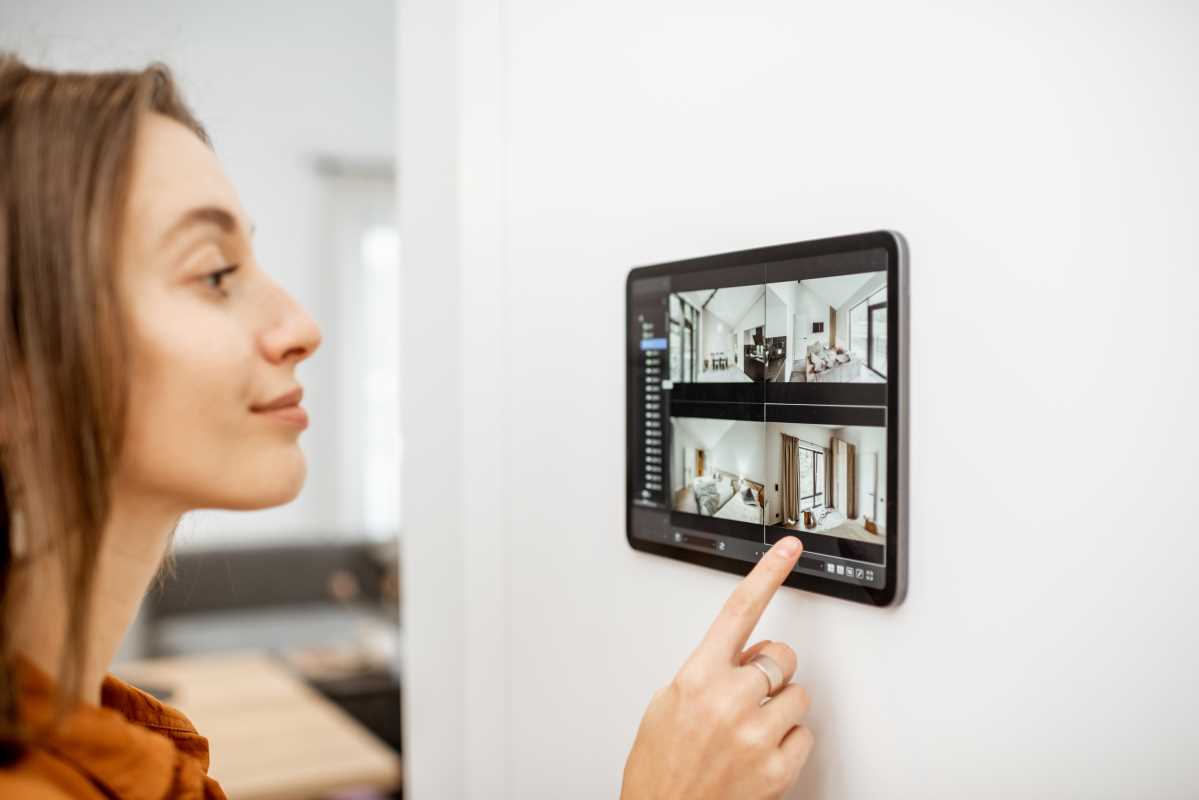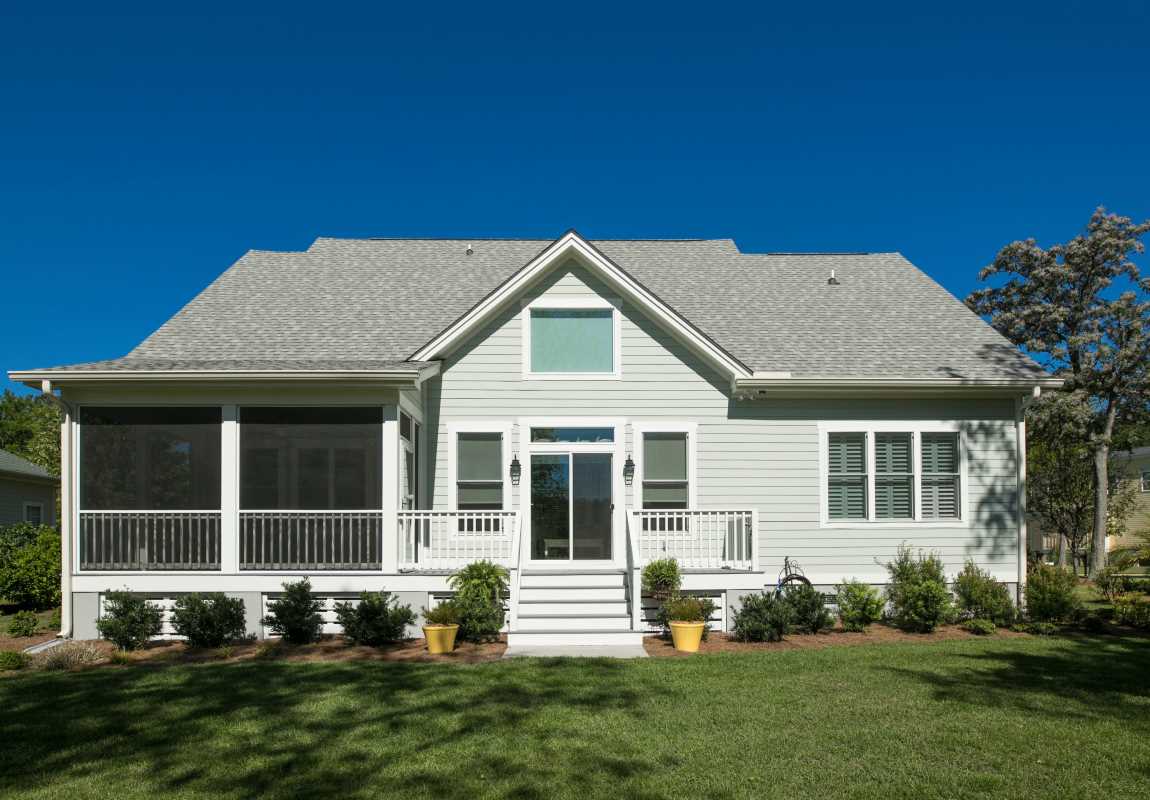Having a safe and secure home is a top priority for any homeowner. Essential home safety devices not only provide peace of mind but can also protect your loved ones and valuables. From preventing accidents to deterring burglars, these devices play a crucial role in maintaining a secure environment. Let's explore some key safety devices that every homeowner should consider investing in:
Smoke and Carbon Monoxide Detectors
Smoke and carbon monoxide detectors are essential for early detection of fire and gas leaks. These devices emit loud alarms when they detect smoke or high levels of carbon monoxide, giving you and your family time to evacuate safely. It's crucial to have them installed in key areas of your home, such as bedrooms, hallways, and the kitchen, to ensure maximum coverage.
Proper placement of smoke and carbon monoxide detectors is vital for their effectiveness. Install smoke detectors on the ceiling or high on the wall, and avoid placing them near cooking appliances to prevent false alarms. Carbon monoxide detectors should be installed at breathing level, and ideally, one should be placed near sleeping areas.
Regular maintenance of these detectors is also crucial. Test alarms monthly, replace batteries annually, and replace the entire unit every 5 to 10 years, depending on the manufacturer's recommendations. This ensures that the detectors are functioning properly and can effectively alert you in case of an emergency.
Security Cameras and Alarm Systems
Security cameras and alarm systems are effective deterrents against burglaries and break-ins. Modern security cameras offer live monitoring, motion detection, and even two-way audio communication. Alarm systems, on the other hand, alert you and the authorities in case of unauthorized entry or suspicious activity. Together, these devices provide round-the-clock surveillance and protection for your home.
Security cameras come in various types, including wired, wireless, and smart cameras. Wired cameras offer stable connections but require more installation work, while wireless cameras are easier to set up and can be placed anywhere within range of your Wi-Fi network. Smart cameras can be controlled via smartphone apps, offering additional features like motion detection alerts and cloud storage.
Alarm systems can be monitored by professional security companies or be self-monitored through smartphone apps. Professional monitoring provides 24/7 surveillance and rapid response to alerts, while self-monitoring offers more flexibility and control. Consider your needs and budget when choosing the type of alarm system that best fits your home.
Smart Doorbell
A smart doorbell is a nifty device that combines a doorbell, a camera, and a two-way intercom system. This allows you to see and communicate with visitors at your door, whether you're at home or away. Some smart doorbells also offer motion detection and video recording features, enhancing your home's security further. With a smart doorbell, you can screen visitors and monitor package deliveries conveniently.
When selecting a smart doorbell, look for features such as high-definition video, night vision, and a wide-angle lens for better visibility. Two-way audio allows you to communicate with visitors, and motion detection alerts you to activity even when someone doesn’t press the doorbell. Some models also integrate with smart home systems, providing additional security and convenience.
Smart Locks
Upgrade your home's security with smart locks that offer keyless entry and remote access capabilities. Smart locks can be controlled via a smartphone app, allowing you to lock and unlock your doors from anywhere. You can also create temporary access codes for guests or service providers, eliminating the need for spare keys. Some smart locks even come with built-in alarm systems for added protection.
Smart locks offer enhanced convenience and security. They eliminate the risk of lost or stolen keys and allow for flexible access control. Many smart locks feature audit trails, letting you track who entered or exited your home and when. Additionally, some models can be integrated with other smart home devices, such as security cameras and alarm systems, for a comprehensive security solution.
Water Leak Detectors
Water leak detectors are essential for preventing costly water damage in your home. These devices alert you to the presence of water where it shouldn't be, such as in basements, bathrooms, or near appliances. Early detection of leaks can help you address plumbing issues promptly and avoid extensive property damage. Some water leak detectors can even automatically shut off the water supply to prevent flooding.
Place water leak detectors in areas prone to leaks, such as under sinks, near washing machines, and in basements. Look for detectors with loud alarms or notifications that can be sent to your phone, ensuring that you are alerted even if you're not home. Some advanced models offer connectivity with home automation systems, allowing for automated responses to detected leaks.
Emergency Escape Ladder
In case of a fire or other emergencies, an emergency escape ladder can be a lifesaver. These compact, portable ladders can be attached to windows for quick and safe evacuation from upper floors. It's crucial to practice using the ladder with your family members so that everyone knows how to use it effectively during an emergency. Having an emergency escape ladder provides an additional layer of safety for your home.
Ensure that all family members are familiar with the emergency escape ladder and its proper use. Regularly practice using the ladder as part of your home fire drill to ensure that everyone can evacuate quickly and safely in an emergency. Keep the ladder in a readily accessible location and make sure it's compatible with the type of window frames in your home.
By investing in these essential home safety devices, you can create a secure and protected environment for you and your loved ones. From early warning systems to advanced surveillance technology, these devices offer peace of mind and safeguard your home against potential risks. Prioritizing home safety is not only a smart decision but also a critical aspect of responsible homeownership. Ensuring that your home is equipped with these safety devices will help you maintain a secure and comfortable living space.
